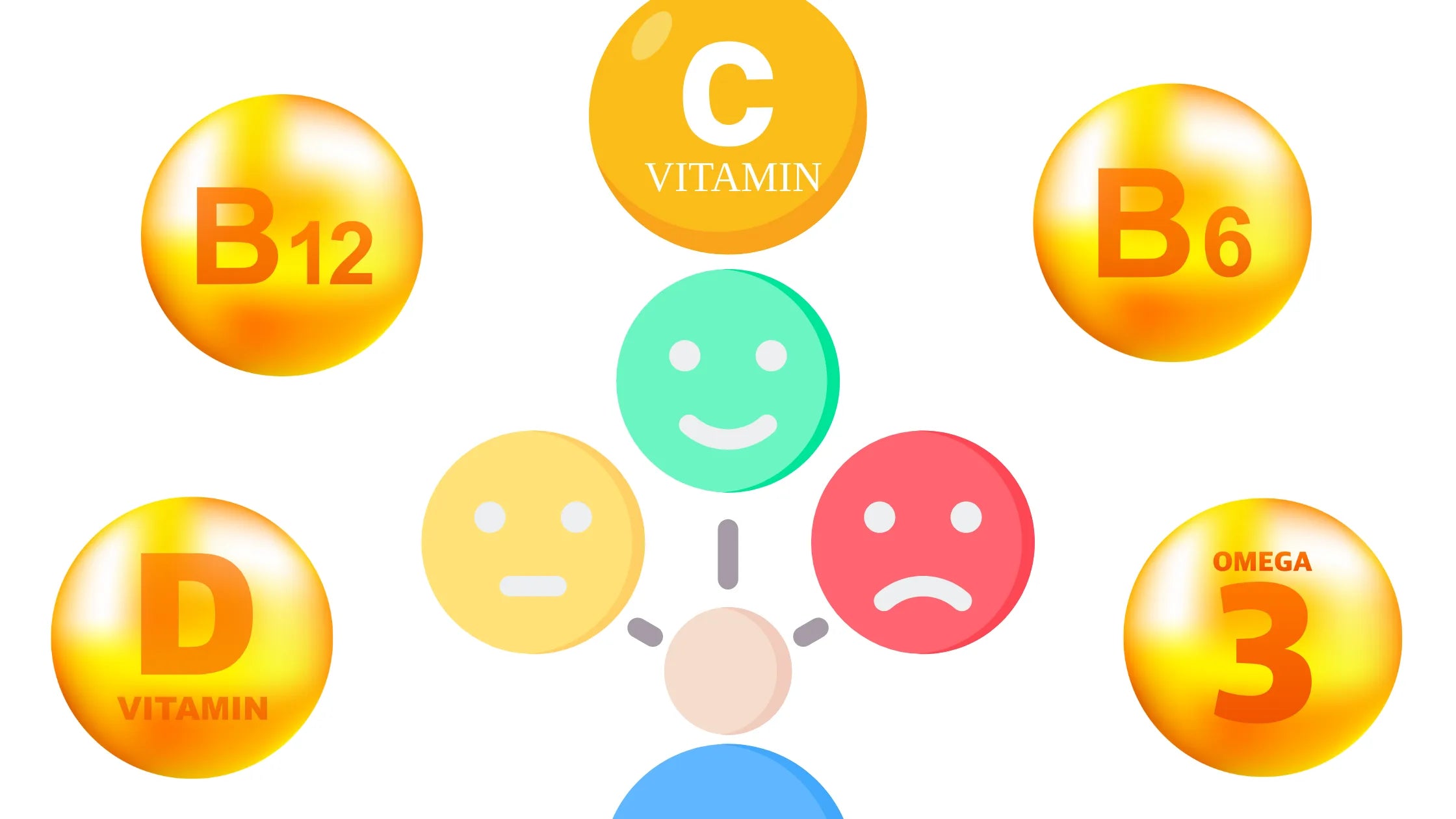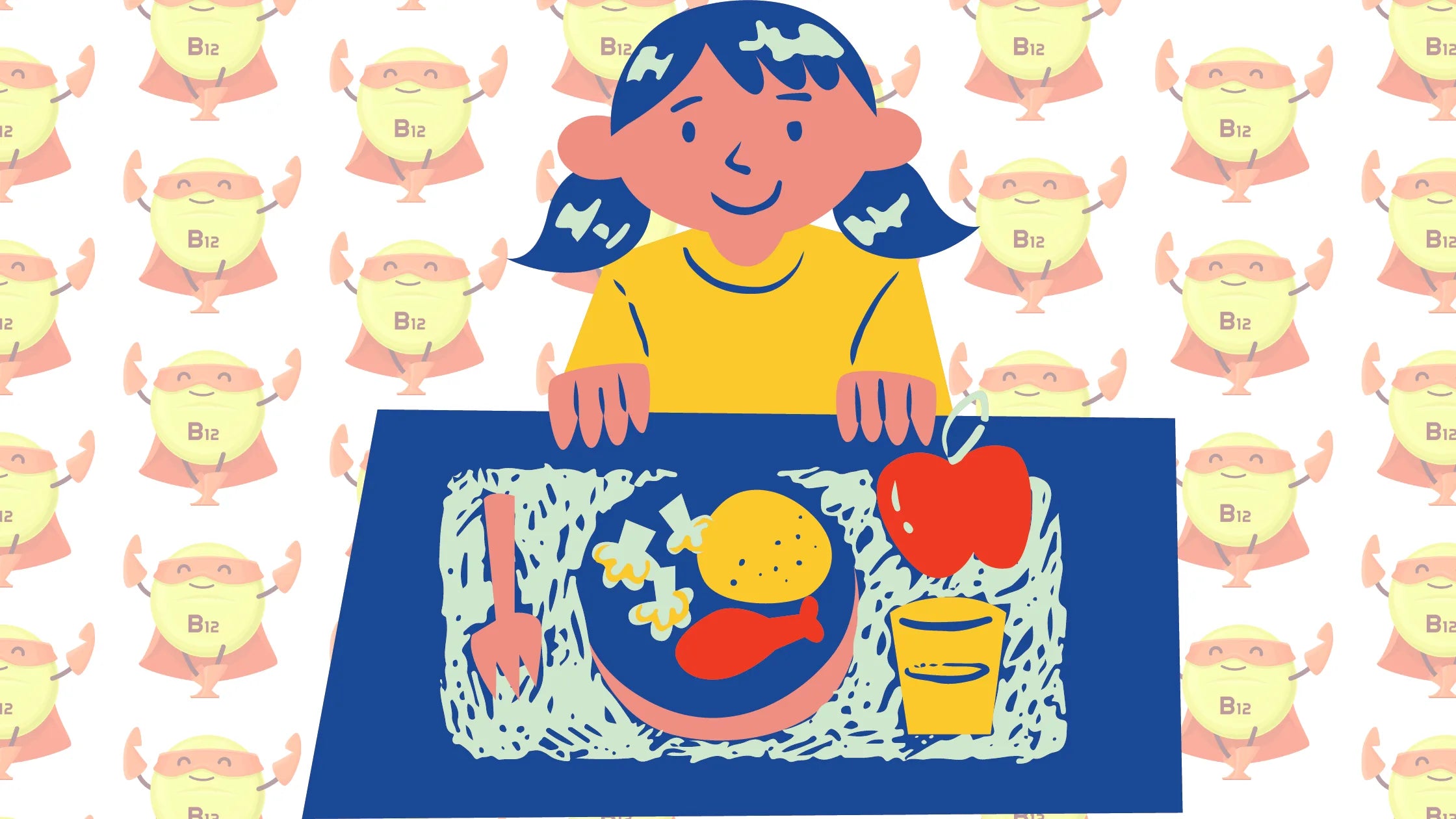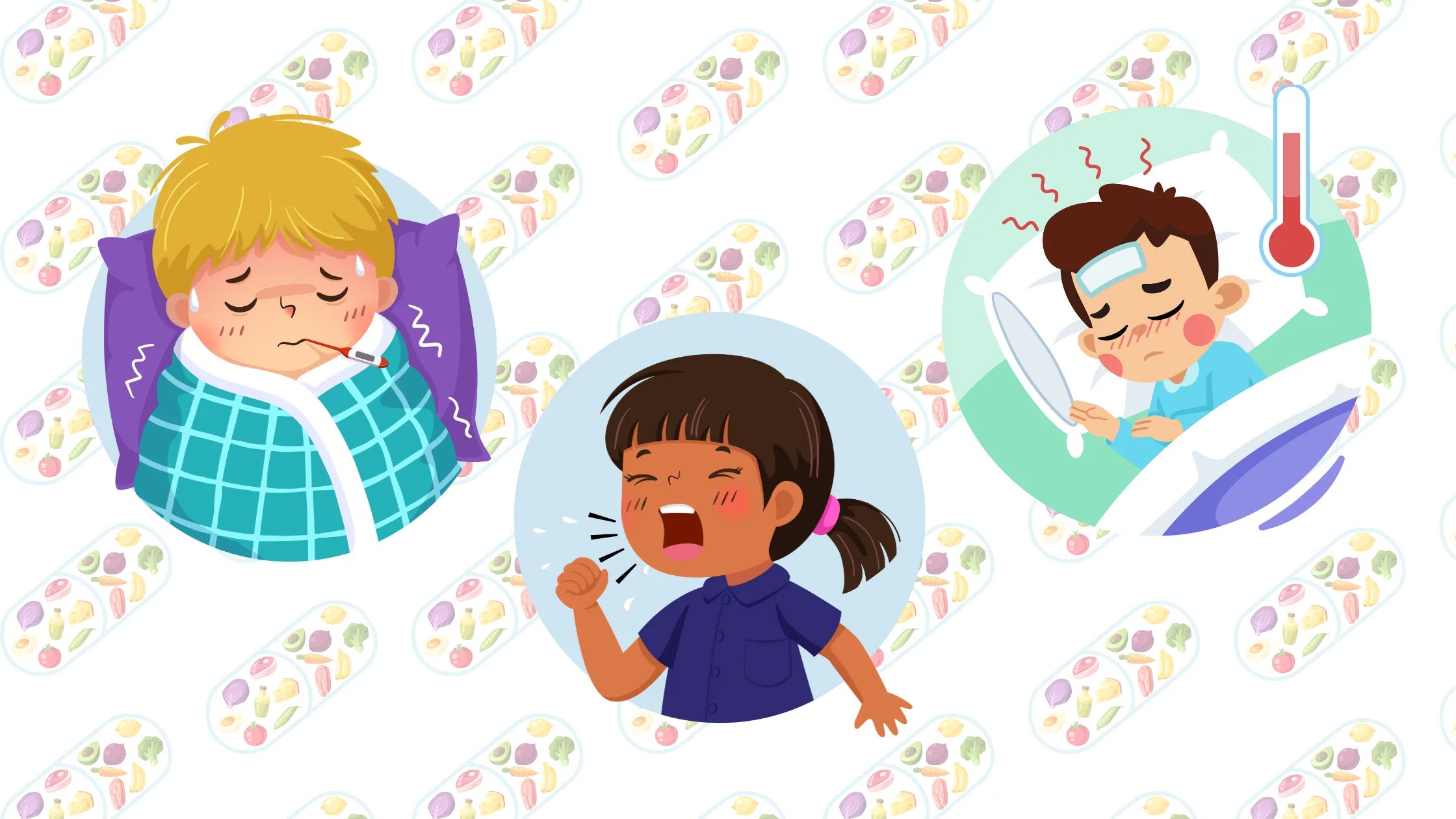Vitamins are crucial for a child’s overall growth and development. They support physical health, boost the immune system, and significantly affect cognitive functions and emotional well-being. A deficiency in essential nutrients can lead to behavioural issues, including mood swings, lack of focus, irritability, and even hyperactivity.
Common Causes of Behavioural Issues in Kids
Children’s behaviour can be influenced by a variety of factors, including genetics, environment, sleep patterns, and, importantly, nutrition. Studies suggest that poor nutrition can lead to imbalances in brain chemicals, affecting a child’s mood and behaviour. Therefore, addressing behavioural issues often starts with examining the child’s diet and ensuring they are getting the right nutrients, especially key vitamins.
Behavioural issues in children can stem from various factors, including:
- Genetic predisposition
- Environmental influences
- Underlying medical conditions
- Nutritional deficiencies
The Role of Nutrition in Children’s Behaviour
Nutrition plays a pivotal role in brain health and cognitive function. The brain requires a constant supply of vitamins and minerals to function optimally. For example, neurotransmitters—chemical messengers in the brain—depend on specific vitamins to regulate mood, focus, and calmness. Hence, introducing the right vitamins can make a noticeable difference in improving children’s behaviour.
Read More About The Relationship Between Vitamin Deficiencies and Children’s Behaviour.
5 Essential Vitamins to Help Children’s Behaviour
Here are five key vitamins to help children’s behaviour, proven by science.
1. Vitamin D
Vitamin D, known as the “sunshine vitamin,” is crucial for brain development and function, making it one of the most important vitamins to help children’s behaviour. It helps regulate mood and reduce behavioural problems such as anxiety and depression. Low levels of vitamin D have been linked to behavioural issues like aggression, irritability, and mood swings in children.
A study published in the Journal of Affective Disorders found that children with higher levels of vitamin D had better attention spans and were less likely to exhibit negative behavioural traits. Ensuring that children get adequate vitamin D through sunlight exposure, diet (e.g., fortified milk, fish), or supplements like Kids One Daily by Route2Health can support healthier behaviour.
Learn The Key Benefits Of Adequate Vitamin D In Children.

2. Vitamin B6
Vitamin B6 is involved in the production of neurotransmitters, such as serotonin and dopamine, which regulate mood and behaviour. Adequate levels of vitamin B6 can help improve symptoms of hyperactivity and impulsivity, especially in children with attention deficit hyperactivity disorder (ADHD).
Research highlights that children with behavioural issues show a significant improvement in their behaviour when given vitamin B6 supplements. Foods rich in vitamin B6 include bananas, chickpeas, and poultry. Incorporating a daily multivitamin supplement can also ensure sufficient intake.

3. Vitamin B12
Vitamin B12 is essential for proper neurological function and brain health. Deficiencies in this vitamin can lead to fatigue, mood swings, and cognitive difficulties, which can directly impact a child’s behaviour.
A research study in Vitamin and Nutrition Research shows that children with low levels of vitamin B12 exhibited irritability and reduced focus. Foods such as meat, dairy products, and fortified cereals are good sources of vitamin B12. Including a supplement, like Kids One Daily, can help ensure children receive adequate amounts.

4. Omega-3 Fatty Acids
Though not a vitamin in the traditional sense, omega-3 fatty acids are vital nutrients that significantly impact children’s behaviour. Omega-3s, primarily found in fish oil, are linked to improved focus, memory, and emotional regulation in children.
A study in the Journal of Child Psychology and Psychiatry found that children with higher omega-3 levels demonstrated fewer behavioural problems, including aggression and hyperactivity. Omega-3-rich foods include salmon, flaxseeds, and walnuts. However, since children may not always get enough omega-3s from their diet, supplements can bridge the gap effectively.

5. Vitamin C
Vitamin C is yet another one of the essential vitamins to help children’s behaviour. Vitamin C is known for boosting the immune system, but it also plays a crucial role in neurotransmitter synthesis, especially in the production of serotonin—a mood-regulating hormone. Low levels of serotonin are often associated with mood swings, irritability, and even anxiety.
Children with adequate levels of vitamin C showed improved mood and reduced symptoms of stress and anxiety. Including foods like oranges, strawberries, and bell peppers in a child’s diet can help maintain their vitamin C levels. Supplementing with a multivitamin like Kids One Daily can ensure they meet their daily vitamin C requirements.

Conclusion
Addressing children’s behavioural issues can be complex, but nutrition is a key factor that should not be overlooked. Ensuring children receive adequate levels of essential vitamins to help children’s behaviour, such as vitamin D, B6, B12, omega-3 fatty acids, and vitamin C, can significantly influence their mood, focus, and overall behaviour. By incorporating these vitamins into their daily routine through a balanced diet, parents can support their children’s mental and emotional well-being.
While incorporating vitamin-rich foods into a child’s diet is ideal, it can sometimes be challenging to meet all their nutritional needs through diet alone. This is where a quality multivitamin supplement, like Kids One Daily by Route2Health, becomes beneficial. It provides a balanced mix of essential vitamins to help children’s behaviour and support overall health.
FAQs
1. Can vitamin deficiencies cause behavioural problems in children?
Yes, vitamin deficiencies, such as those in vitamin D, B6, B12, and omega-3 fatty acids, can lead to behavioural problems like irritability, mood swings, hyperactivity, and lack of focus. Proper vitamin intake is crucial for balanced brain function and emotional regulation.
2. Which vitamins help with children’s concentration and focus?
Vitamins B6, B12, and omega-3 fatty acids are known to support concentration and cognitive function in children. They help produce neurotransmitters like dopamine, which are essential for maintaining focus and reducing symptoms of attention disorders.
3. How can I ensure my child is getting enough vitamins for good behaviour?
A balanced diet rich in fruits, vegetables, whole grains, and proteins can provide essential vitamins. However, if your child is a picky eater, consider a daily multivitamin supplement like Kids One Daily by Route2Health to fill any nutritional gaps.
4. Are there any side effects of giving children vitamin supplements for behaviour?
When taken within the recommended daily allowances, vitamin supplements are generally safe. However, excessive intake can lead to side effects, such as stomach upset or headaches. Always consult a healthcare professional before starting any supplement.
5. Can omega-3 supplements improve my child’s behaviour?
Yes, omega-3 fatty acids are associated with better behavioural outcomes in children. Research suggests they can help reduce aggression, improve focus, and enhance emotional regulation, contributing to a more balanced behaviour.
























































